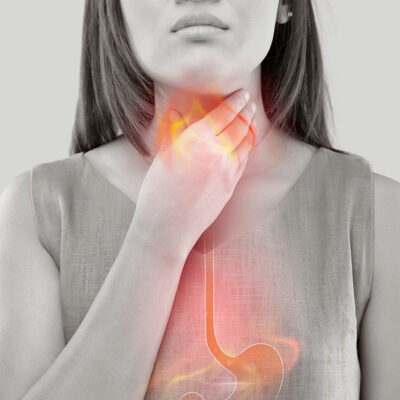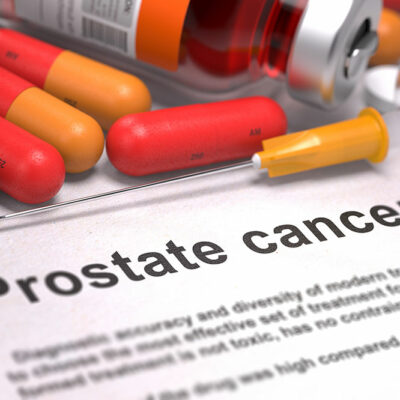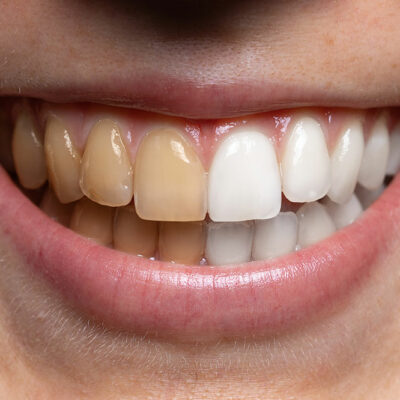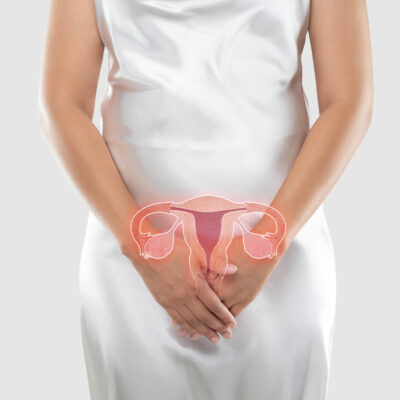
Causes and symptoms
The Main Causes of Hemorrhoids
Hemorrhoids, better known as piles, occur due to the swelling of the veins in the lower part of the rectum around the anus canal. Hemorrhoids are one of the primary reasons for rectal bleeding. This condition is common in both men and women, especially those above 50 years of age. This condition can occur in a person due to many reasons. So, let’s have a look at the main causes of hemorrhoids. 1. Hereditary Like many other health conditions, you can also get hemorrhoids through your genes. If any of your close relatives, such as one of your parents or siblings, have hemorrhoids, you are at a higher risk of developing this condition as well. However, the condition can be treated through surgery. So, if any of your family members have this problem, consult your doctor at the earliest to rule out any possibilities. 2. Age This is one of the main causes of hemorrhoids. As you age, your body and muscles become weak, due to which the process of passing stool becomes harder. This can, in turn, increase your chance of getting hemorrhoids. Make sure to get full body check-ups done regularly because the condition can be treated without surgery if it is diagnosed at its initial stage.
Read More 









